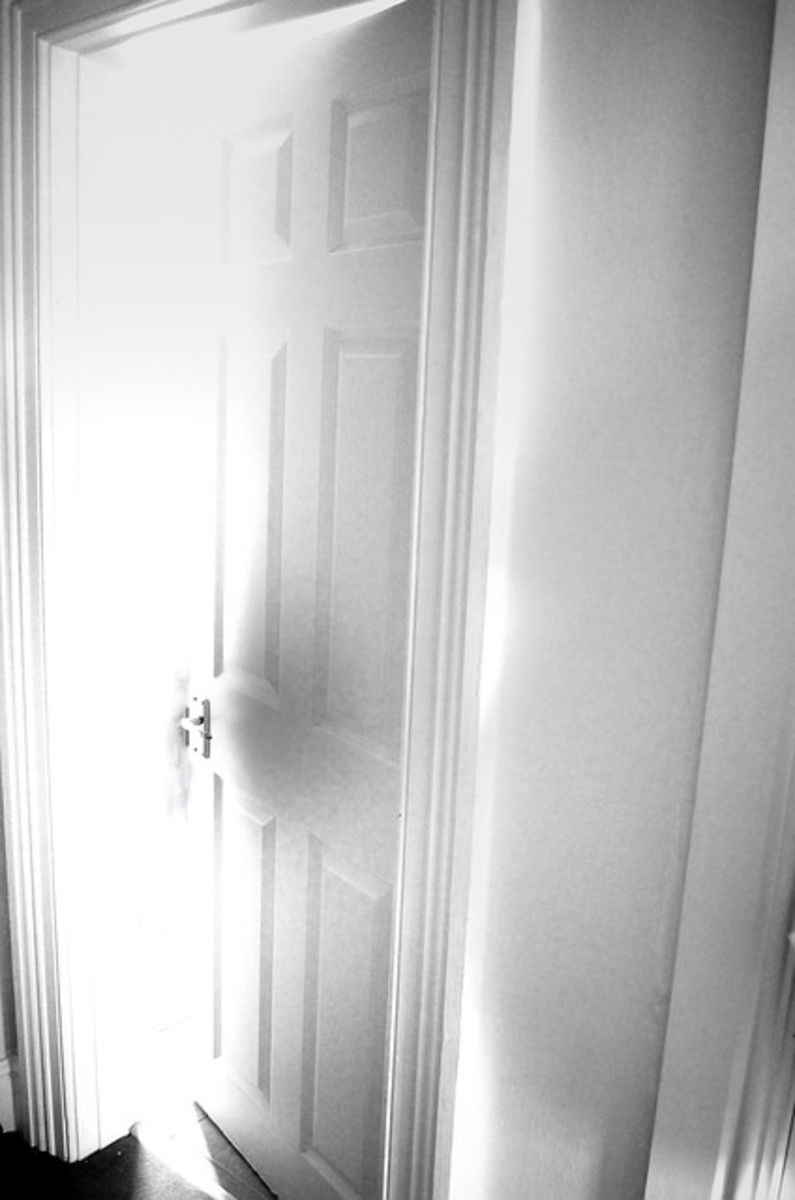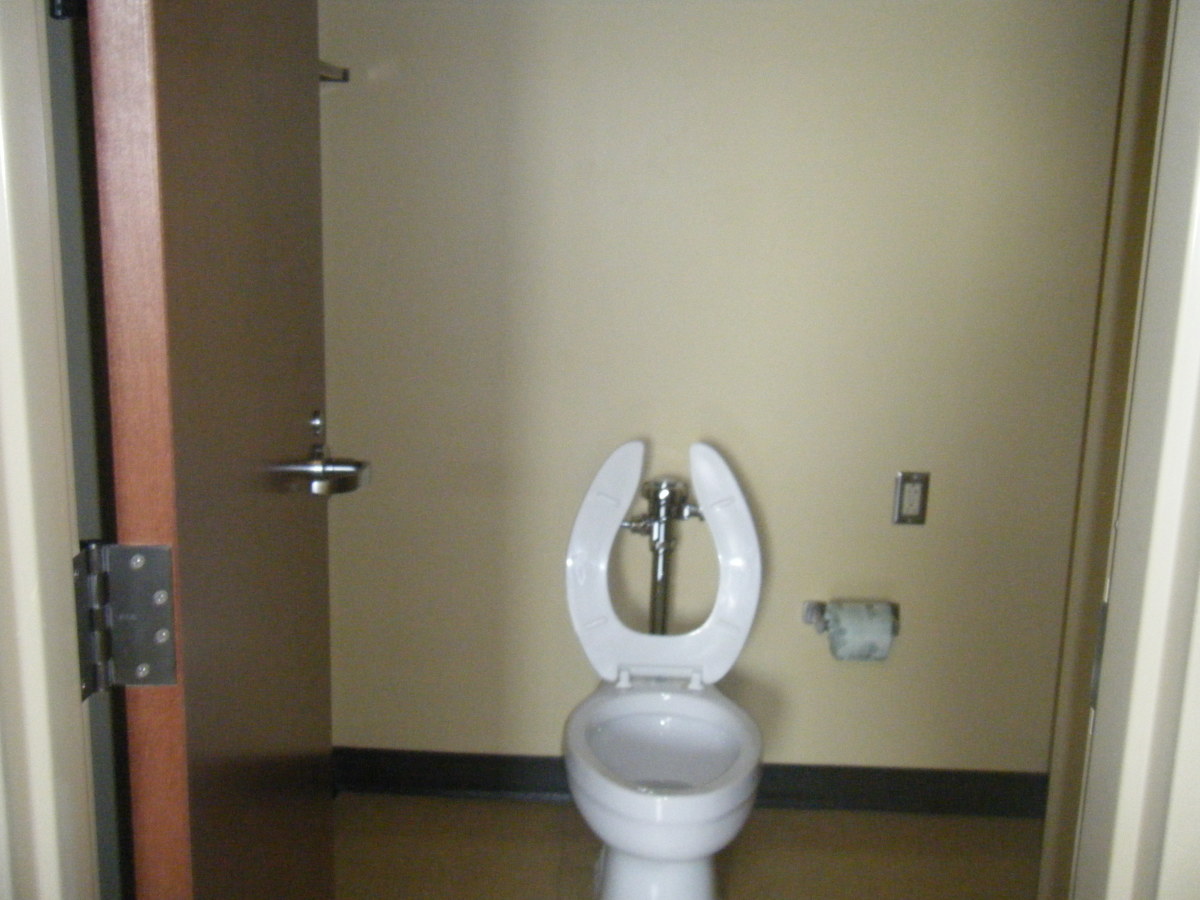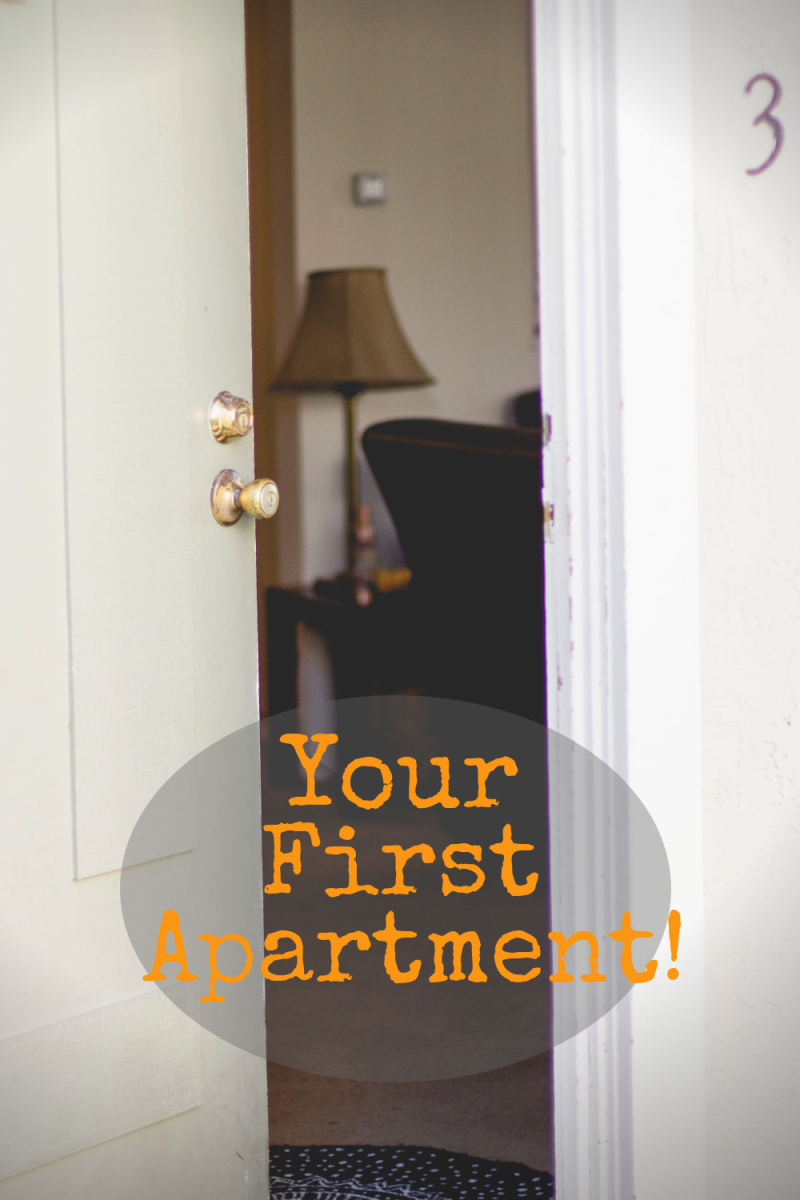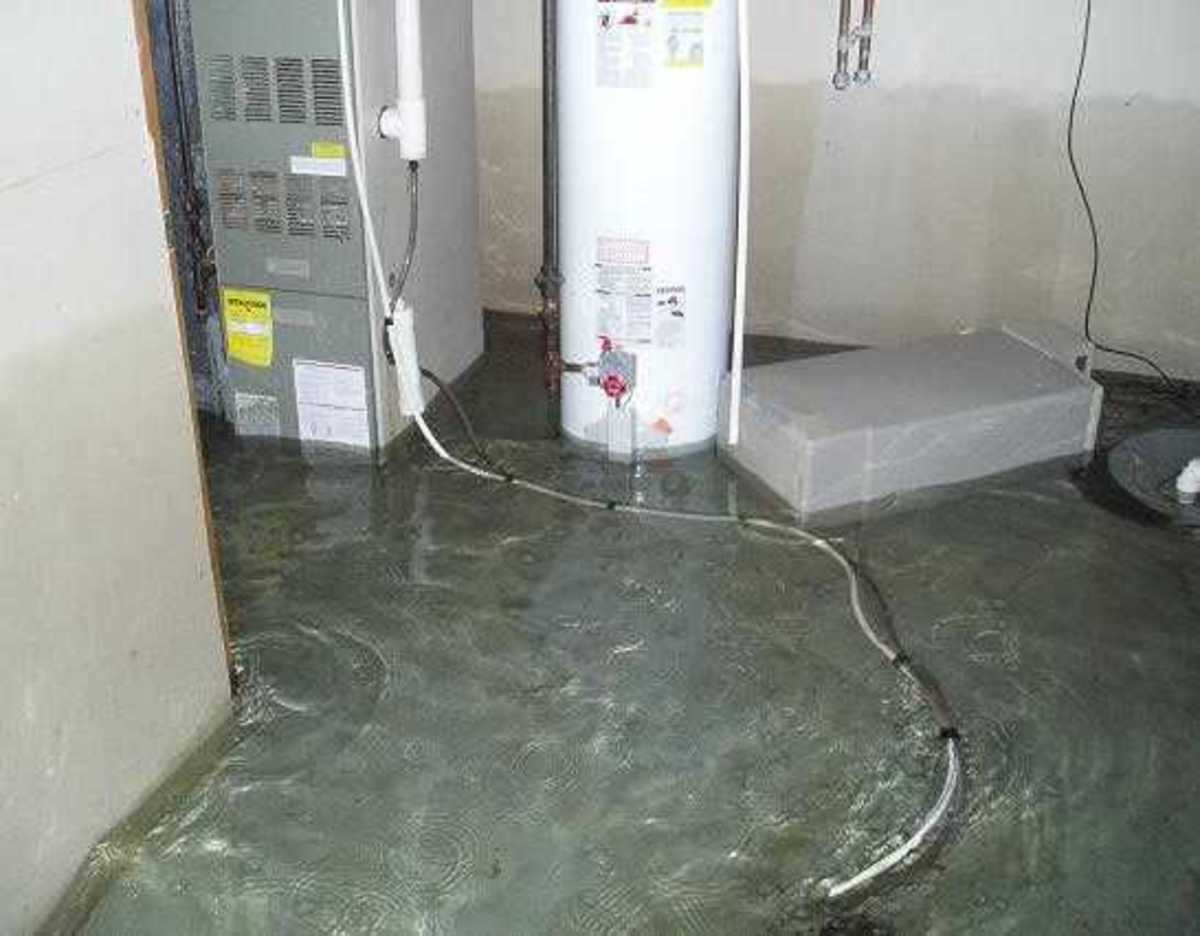How to Select a Tenant with a Home Based Business

Having a Home Based Business is Not Always Easy
In 2012, there were more than 38 million home based businesses operating in the United States (American Association of Home Based Businesses). At some point, an applicant with a home-based business will apply for your vacant apartment. You will want and need to know the nature and extent of your potential tenants home business.
You will need to know what kind of business it is, if there will be outside visitors to the apartment, and whether or not it is a legal enterprise.
You have to be mindful of the type of building you are renting out, the kind of tenants who already live in the building, where your building is located, what floor the new tenant will occupy, the amount of space or bedrooms you are renting, etc. Is the neighborhood zoned for the applicants home based business? Does the neighborhood have mixed use zoning, which is legal use for both residential and commercial activities?
Positives of a Home-Based Business Tenant
You should not reject a home-based business out of hand without looking into it and asking questions about how the tenant plans to run the business. The home-based business is here to stay, and is growing every year. Invariably, you will be faced with an applicant whose sole source of income is a business worked out of the apartment.
In fact, home-based businesses could be one of your most stable types of tenancy. The average home-based business owner has ten years of experience in their chosen profession. A person with a home-based business will not want to move in the near future. There are some businesses that depend on being able to stay in one place for a number of years. There are some home-based businesses such as bookkeeping or financial consulting, where the clients want to see stability in their independent contractors living arrangements.
Thousands of home-based businesses do not interact with clients at their home. Their home is merely where their office is located, where they do their business work, maintain files, prepare proposals, etc. Many consultants and independent contractors visit or work at their client’s place of business. There are businesses that are strictly Internet based, with very little contact with the outside world.
If you are renting a single-family house, or the first floor of a two family house, there may be room for a home-based business. An applicant will be attracted to a first floor unit for the easy access for their customers.
A tenant with a home based-business will be careful to take good care of the apartment, because there will be visitors. The kind of home they present to their clients must be in good shape to show they have a prosperous business. Also, you can require that the tenant add a security system to their unit to prevent liability claims against the ownership. Most home-based businesses will not mind adding this to their apartment, or even one or two ABC fire extinguishers at their own expense.
You may be able to negotiate a higher rent from a home-based business to cover the extra expenses of increased utility use, and maintaining the unit and building. An entrepreneur may not mind paying the extra rent in exchange for being able to run their business from home. He or she can allocate a portion of the rent toward business use on his/her income taxes as a business expense.
Negatives of a Home-Based Business Tenant
If you or your tenants work nights, and the incoming tenant gives piano lessons during the day or runs a day care center for babies from her home, there could be a conflict. Everyone in the building must be considered.
Depending upon who pays the utility bills, understand that running a home business tends to increase utility expenses. This is because the tenant is essentially home all day. When it’s cold outside, the heat will be on 24 hours a day. The computer will run constantly, increasing the electric bill. If you have a property with one utility bill for the entire building, you will need to install separate meters for each apartment. You may be able to have the applicant agree to pay for a portion of this work if he or she wishes to sign a long-term lease. Consult with your attorney if the state allows individual meter tenant charges.
You will have extra wear and tear on the apartment and the property itself, depending on the type of home business. Extra traffic in and out of the building is one thing that will wear out a floor, stairs, etc. You will only be able to charge a certain amount of security deposit according to your state law. Most laws allow only one months rent as a security deposit.
Questions to Ask: How old is the business? Is it just starting out? Is the nature of the business one in which inventory is kept? Where will the items be stored? Will the tenant keep boxes of paper goods in the apartment? Are there specific hazardous waste materials involved in the business? How will they be disposed?
What will happen if the home based business is the tenant’s sole source of income, and the firm or tenant or both declares bankruptcy? Is the business one that is recession proof, or has been in existence for enough years to have a loyal clientele? (Read Chapter 8, the section on Bankruptcy). Talk to your lawyer about what your rights would be in your state under the bankruptcy laws.

What You Need to Know and Have to Make a Decision
As a home-based business owner myself, I see the positives as well as the negatives from my perspective as a homeowner and a business owner. Get as much information needed to give you the comfort level to consider this type of applicant
You want proof that the applicant has a real business. A copy of the company’s Article of Organization, incorporation documentation, or similar legal document signed and sealed by the state must be provided.
Does the applicant have a home-based business now? If yes, have the applicant prove that he or she carries liability insurance for the current apartment and building. You do not want the tenant carried on your homeowner’s policy. If one of their customers slips and falls, you want your business tenant to be sued. At the very least, you will want your tenant to indemnify, or cover you under their liability policy for such events. Talk to your insurance agent about insurance indemnification coverage if you rent to a home-based business.
If the business is incorporated, most states require that the principal carry workers compensation insurance for him or herself as well as employees. Other questions or proof of business may include:
- Will the tenant have a lot of cash at the home as part of the business?
- Will they need to make any modifications for their business, such as extra electrical or telephone outlets, special lighting, etc.?
- What are the zoning laws for your neighborhood?
- Does the applicant have income tax records as proof of self-employment?
- Have the tenant use a post office box for mail to prevent a backlog of bulk, priority, or express mail coming to the building.
- Will having no outside business visitors either before or after a specific time of day or night hinder their business?
Ultimately, a tenant home based business must be compatible with the other tenants as well as the landlord's goals for the property.
Chapter Excerpt from the book, “How to Pick the Best Tenant” by Carolyn Gibson
This content is accurate and true to the best of the author’s knowledge and is not meant to substitute for formal and individualized advice from a qualified professional.
© 2014 Carolyn Gibson








